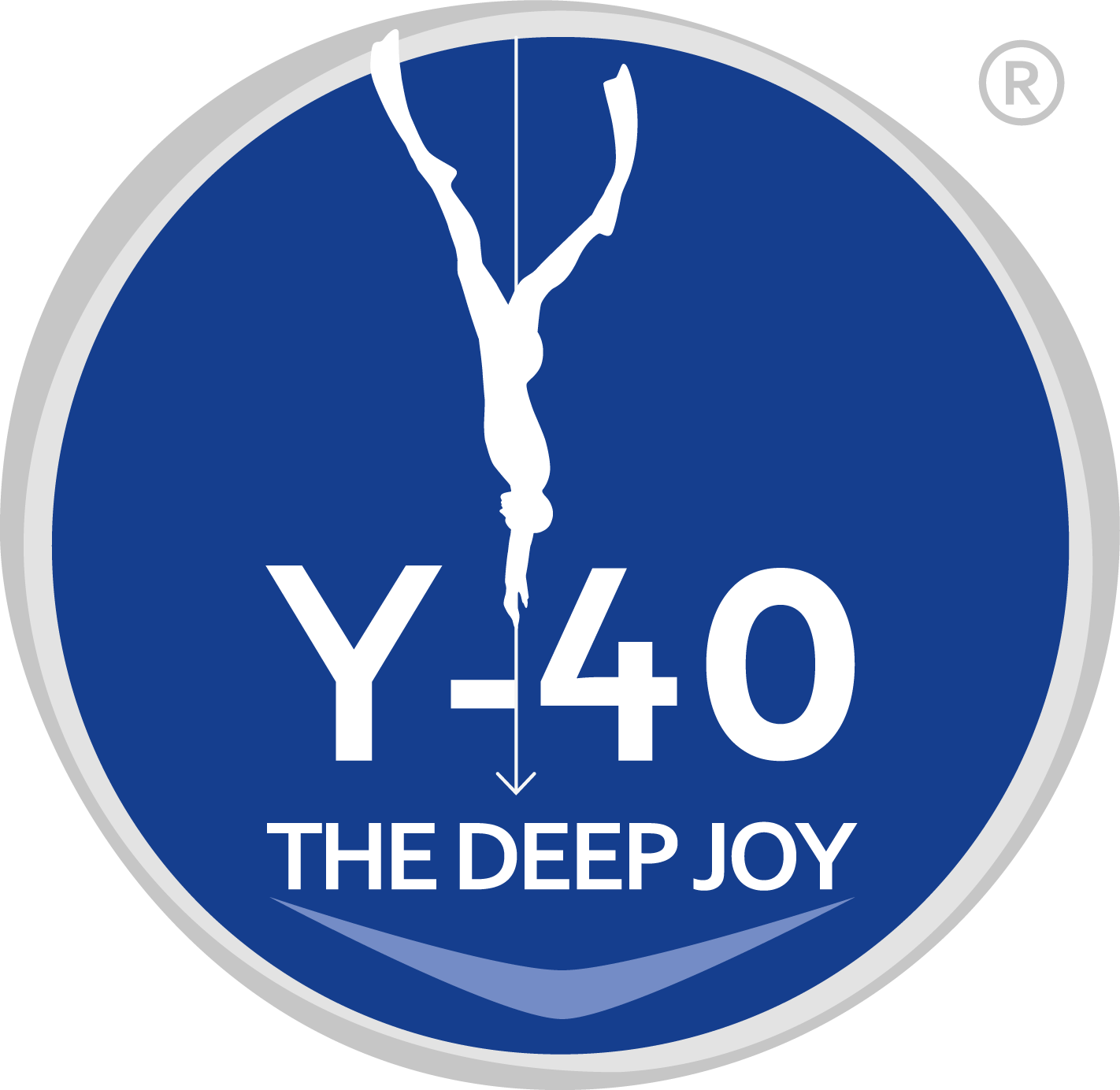GENERAL REGULATIONS - SECTION 5
Spa treatments and use of the spa facility.
5.1IN THE WATER AT THE SPA – GENERAL RULES
(Undesirable effects) The Management informs that during the course of spa treatments some unwanted and unexpected effects may occur characterized by local or general discomfort, usually transitory and spontaneously resolving, which cannot be predicted in any way.
- Thermal reaction: in the first three days of thermal therapy there may be a mild general syndrome characterized by intolerance to treatments, general malaise, asthenia, mood alteration, insomnia and changes in the bowel movements which may occasionally be associated with subtle local symptoms. However, it is short-lived and resolves spontaneously. It almost never constitutes a problem and does not require suspension of treatment.
- Thermal crisis: it differs from the previous one and refers to a set of paradoxical manifestations that arise during the treatment. It manifests itself as a re-ignition of the painful symptoms without pathological significance of the condition being treated. It may be accompanied by general symptoms. It is the consequence of the action of mineral waters. It is a set of temporary general and local reactions due solely to the intrinsic factor of the mud and thermal water therapy. The onset can be more or less early and is usually followed by a clear improvement in the pathology treated. It is not harmful, it does not necessarily manifest itself, it is not indicative of a good or bad outcome of the therapy, age does not play a determining role and resolution is almost always spontaneous. It usually occurs between the 5th and 7th day of treatment, towards the evening hours and reaches its peak at night and then decreases in the morning and disappears during the day. It can persist for -3 days. In arthrorheumatic pathologies, worsening of pain and contracture may occur, but without signs of true inflammation.
- Other effects: symptoms caused by heat-induced vasodilation may include episodes of tachycardia, hypotension, collapse. In ENT diseases the following may occur: pharyngodynia, dysphonia, rhinorrhea, hyperemia of the mucous membranes and tenderness of the paranasal sinuses, cough and modest congestion. Often the presence of cough alone and the increase in sputum are normal indicators of the mucolytic and secretion mobilization activity typical of inhalation therapy. If the discomfort persists for more than 2 days it is best to consult the spa doctor. However, should any of the aforementioned symptoms (indicated in points 1), 2) and 3)) occur, it is necessary to immediately notify the staff in charge of the spa services. The Hotel Terme Millepini offers its customers qualified staff and medical assistance.











